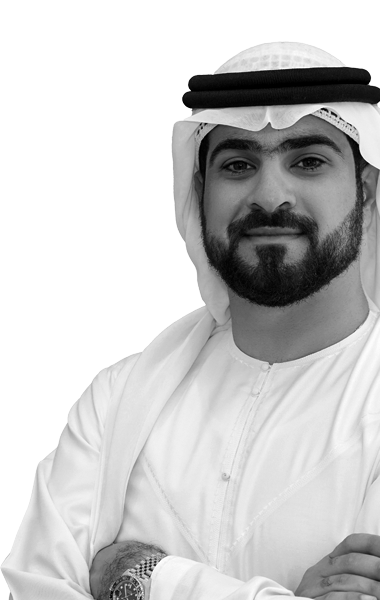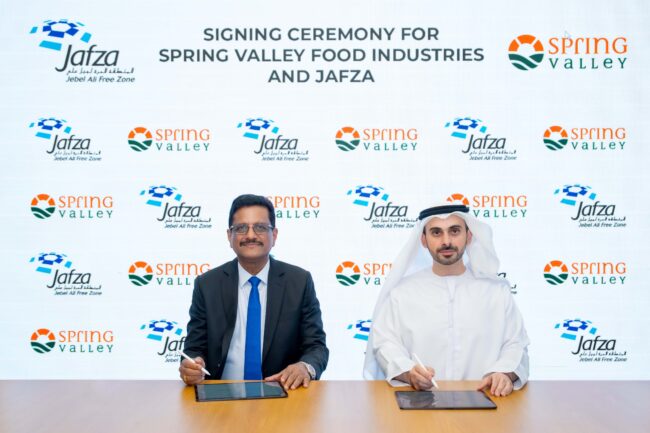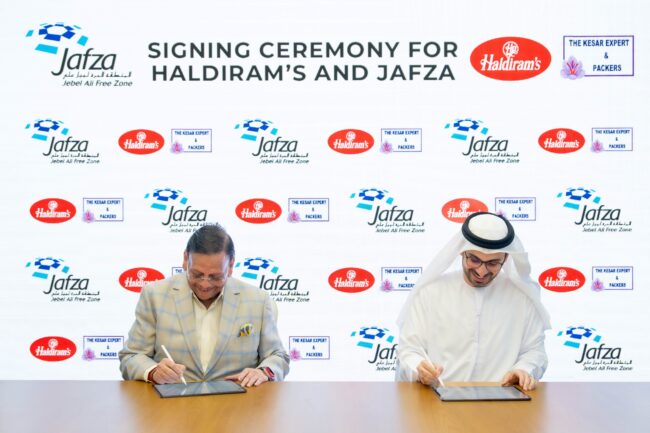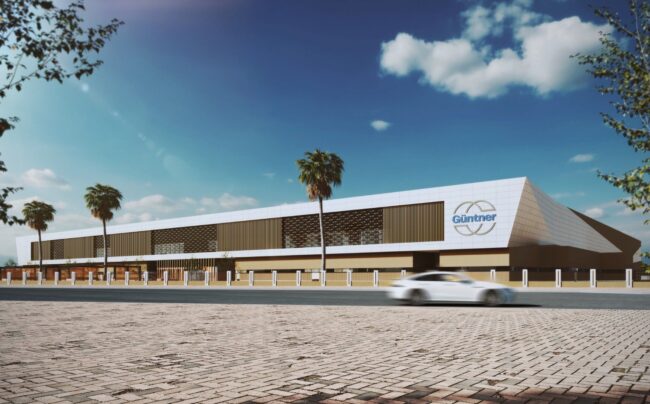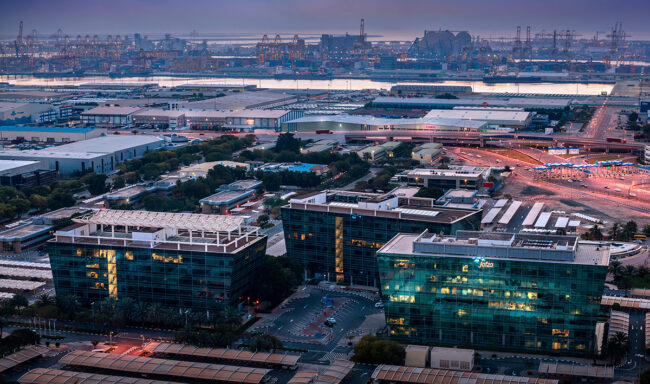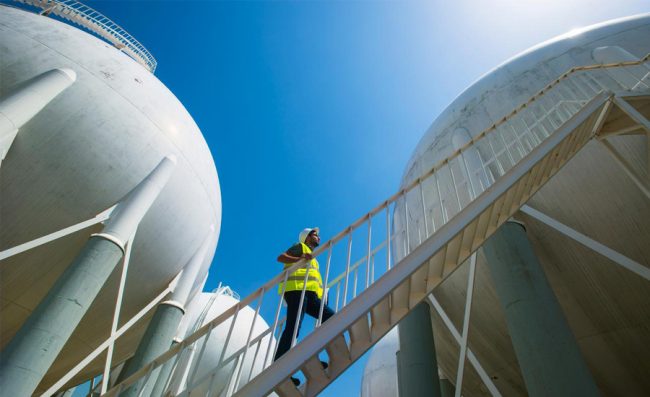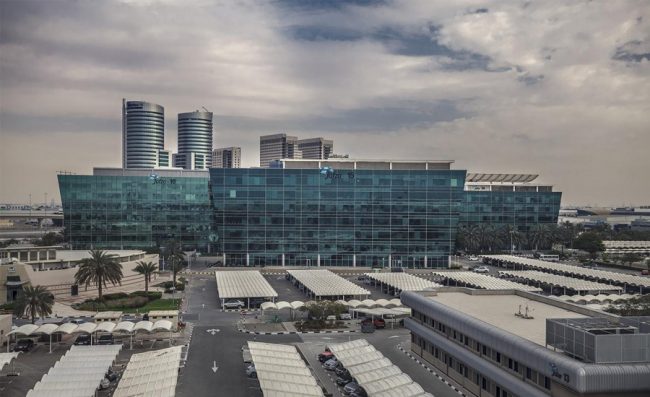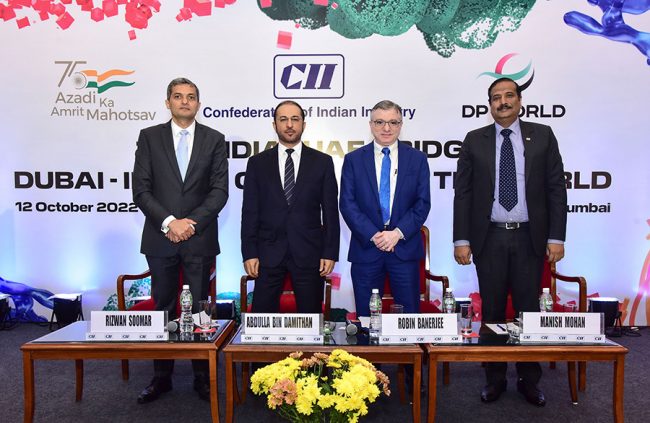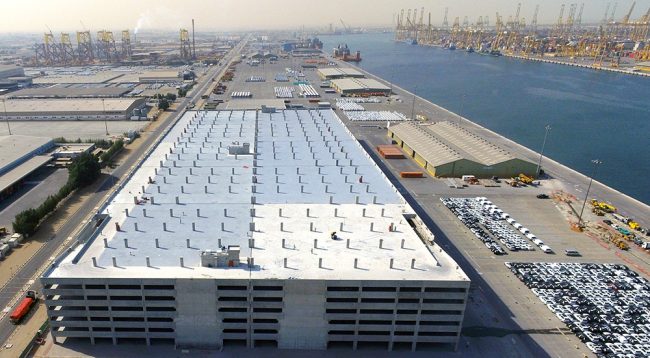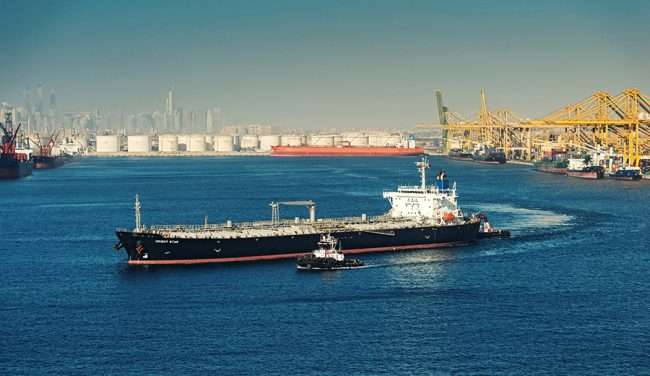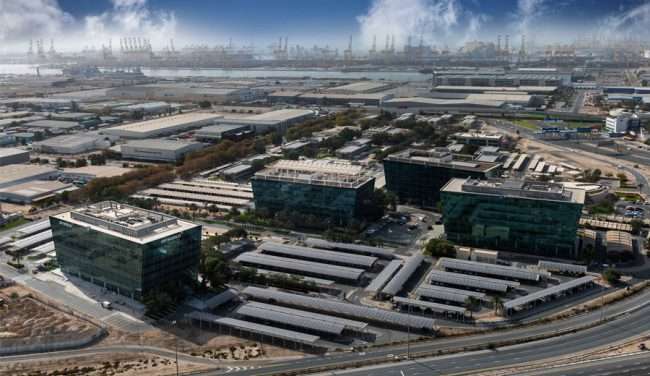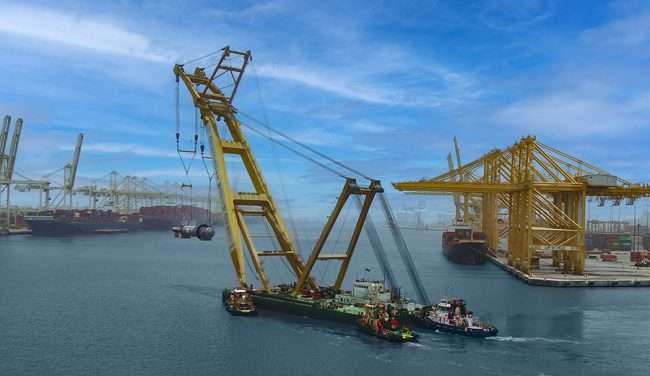
Jafza set to lead construction sector growth
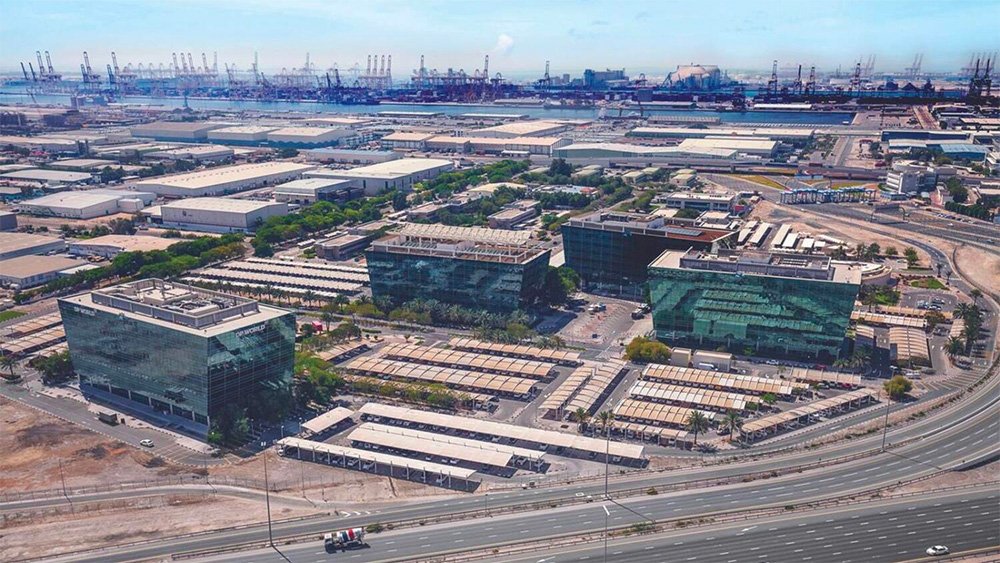
The UAE’s construction market looks set to record a significant rise in market activity as the government accords top priority to strengthen the industrial, transportation, residential and energy infrastructure to diversify the economy, says a senior official.
Ebtesam Al Kaabi, Head of Sales at the Jebel Ali Free Zone (Jafza), said the announcement of new landmark projects, recovery in oil prices and improving investor confidence will drive the construction industry, which witnessed a slump over the past few years.
In an interview, she said the Jafza has been a consistent contributor to the construction sector’s growth despite global inflation, increasing costs of construction, supply chain disruption, and legal constraints. She said the free zone’s construction cluster enables regional and global players to tap into new markets, generating trade worth Dh26.7 billion in 2021.
“Jafza’s success reaffirms its support to national initiatives such as the recently launched ‘We The UAE 2031’ and the Projects of the 50 initiative aimed at shaping the future of the country, with a focus on social, economic, investment and development aspects,” Al Kaabi told Khaleej Times.
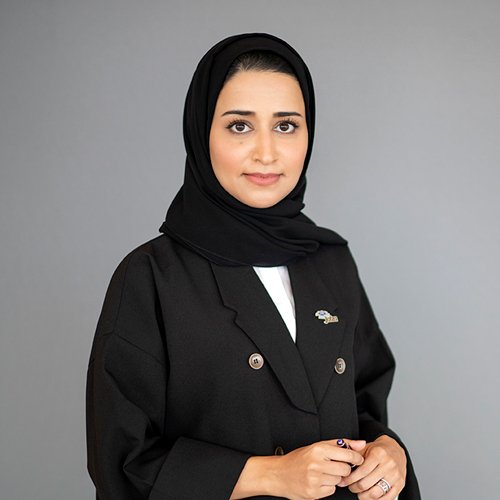
Why investors prefer Jafza
Jafza is one of the world’s leading free trade zones and is home to over 9,000 multinational companies. The free zone accounts for 23.9 per cent of total FDI flow into Dubai, sustaining the employment of more than 135,000 people in the UAE.
As of 2021, the free zone’s construction cluster that houses more than 1,000 companies from 89 countries, accounts for approximately 30 per cent of Dubai’s sectoral trade of Dh92 billion. About 45 per cent of the companies in the construction cluster are from the Middle East.
“Our dedicated metal, steel and construction cluster that spreads over 3.4 million square metres offers partners in both trade and manufacturing an environment conducive to business growth,” Al Kaabi said.
She said the free zone’s strategic location, integrated business environment and robust incentives like 100 per cent ownership, onsite customs, zero per cent duties on import/export or re-export and digital solutions via Dubai Trade have given the free zone the reputation of being the most preferred base for leading local and global players in the sector.
“We offer a variety of products and customised services for SMEs and multinationals. The customer is given the freedom to create a facility that suits their requirements,” she said.
Strong recovery seen
Referring to a Mordor Intelligence report, Al Kaabi said the construction industry is expected to see a solid recovery, reaching a value of Dh490.5 billion ($133.53 billion) by 2027.
She said the commitment and resources of the government lead to many projects and opportunities for construction and engineering companies in the UAE.
“The country’s development agenda has laid down a solid foundation for the growth of industrial, transportation, residential and energy sectors,” Al Kaabi said.
Al Kaabi said the construction sector is critical in the country’s rapid growth and transformation from a vast desert to a cosmopolitan country with captivating modern structures.
“The UAE is synonymous with towering skyscrapers and futuristic architectural marvels. And the Jafza’s construction cluster will continue to play its role in building the infrastructure to facilitate the businesses,” she said.
Empowering construction businesses
Al Kaabi said the free zone has gained the confidence of key regional and global names in the sector due to its solid industrial ecosystem.
“Jafza’s wide range of solutions have been enabling several key regional and international players to tap into new markets and grow their businesses,” she said.
Elaborating, she said the free zone has been powering several success stories such as Conares — the top steel rebar mill and the second largest steel manufacturer in the UAE.
“Danube, which offers over 25,000 goods and value-added services, is another success story as the group serviced key mega-projects in the country including Burj Khalifa, Burj Al Arab, Shangri-La Hotel, Grand Hyatt and Dubai International Airport,” she said.
“Dillinger Middle East, one of Middle East’s leading suppliers for Heavy Carbon Steel Plates, is another successful business which is also based in Jafza,” she said.
Jafza is continually attracting small and medium enterprises (SMEs) and multinationals owing to facilities that will help set up their base in the free zone and expand the reach of their products in the Middle East and Africa, its senior official says.
Ebtesam Al Kaabi, head of sales at the Jebel Ali Free Zone (Jafza), said Dubai’s largest free zone offers facilities such as customisable manufacturing plots, light industrial units (LIUs), warehouses, offices and ready-to-move-in showrooms.
“We offer a dedicated area of over 3.4 million square metres to SMEs, multinationals and businesses who are serious to create future success stories,” she said.
“One of its biggest advantages of Jafza is its proximity to the Jebel Ali Port, which offers construction companies access to over 3.5 billion existing and potential consumers in the MEASA region. This, coupled with its multimodal transportation model has ensured the free zone supports 12,300 port customers,” Al Kaabi said.
Jebel Ali Port holds the key
The Jebel Ali Port is the largest port between Rotterdam and Singapore and it can handle all types of cargo including breakbulk through its 1.4 million square metres general cargo terminal.
The region’s busiest port does indeed tick all the boxes for companies dabbling in the construction sector as a seamless and transparent supply chain is a key element, be it to transport raw materials or even the end product. Its quay length of 5 km with 27 berths and a 1.2 million sqm GC Yard makes it ideal for efficient export and import of building materials.
“The port provides value-added services like assembling, warehousing, transport management, manufacturing and fabrication facilities. Other benefits include competitive ocean freight rates, operational flexibility, landside conversion, land for storage and logistics facilities,” Al Kaabi said.
She said DP World has invested heavily to ensure that sea, land and air connectivity is offered to customers.
“Customers can also benefit from the logistics corridor that connects the Port with Dubai International Airport and Al Maktoum International Airport. We also have a dedicated sea-air customs bonded corridor, connecting a sea-air box within 45 minutes of discharge that makes it very easy for clients in any industry including the building materials and construction sector reach their customers efficiently,” she said.
“Adding to our well-established connectivity models is the soon-to-be-completed Etihad Rail that will have a depot within the Jebel Ali facility, connecting the UAE to the GCC region,” she said.
Jebel Ali Port’s expansive reach to over 150 ports and 80 weekly services to large high-growth markets help free zone companies meet the growing regional and global demand for construction materials.
“The port’s growth figures over the last 10 years demonstrate its competencies. From 2011 to 2021, the port handled combined volumes in containers and breakbulk of up to one billion metric tonnes of iron & steel and construction material,” Al Kaabi concluded.
Share
Latest Press Releases
Looking to set up your business with Jafza?
Schedule a call with Abdulrahman Qasim AlAli, Senior Manager - Sales at Jafza.
Get started